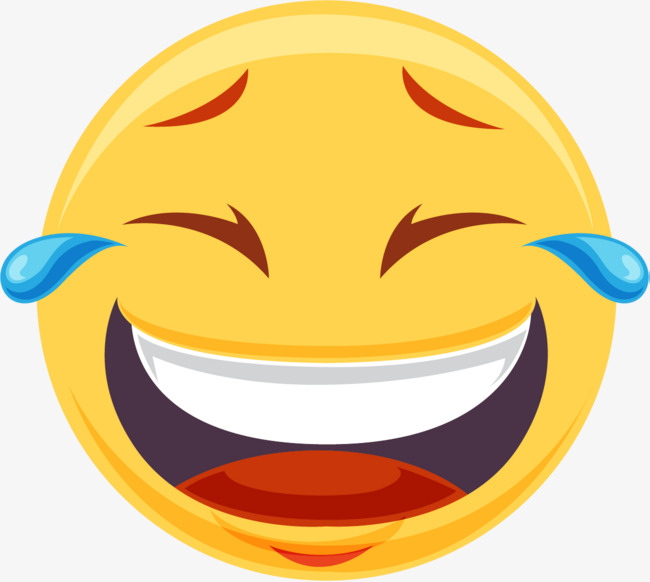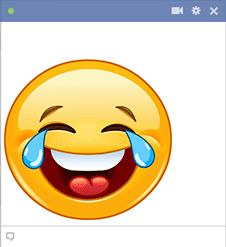


Some 76% of the UK adult population owns a smartphone, and of those, between 80% and 90% use emojis. Three or four years ago, Oxford Dictionaries’ announcement would have been subversive, but now it seems a reasonable reflection of the way that language is shifting. It’s now moved into the mainstream.” Not only does he use emojis – his favourite is the ghost, which he uses in place of “I”, sharing as he does a first name with Caspar the Friendly Ghost – but his mother sends him emoji-laden messages, too. But I think there was a tipping point this year. (This hints that he also thinks in emoji.) Until recently, Grathwohl, who is 44, avoided using emojis altogether because he worried that he would look as if he “was trying to get in on teen culture. When one of his dictionary colleagues suggested using an emoji instead of the word “emoji”, “lightbulbs went off”. “The fact that English alone is proving insufficient to meet the needs of 21st-century digital communication is a huge shift,” says Grathwohl. The author TR Richmond, who used emojis in What She Left, a novel built around texts, blogs and Facebook posts, says that emojis “have a place at the heart of our language”.
LAUGHING CRYING FACE FOR FACEBOOK UPDATE
Then Moby-Dick was translated into emojis ( and renamed Emoji Dick.) Alice in Wonderland underwent the same update – a task that required the use of 250,000 emojis. “We just thought, when you look back at the year in language, one of the most striking things was that, in terms of written communication, the most ascendant aspect of it wasn’t a word at all, it was emoji culture.” He mentions Hillary Clinton, who tweeted students, asking them to tell her how they felt about their loans “in three emojis or less”. He oversaw the discussions that led to the selection. Not so much that he’s leaking tears of joy, but he definitely sounds amused. That’s right, the word of the year is the “face with tears of joy” emoji.īut that’s not a word at all! If the Oxford dictionary is not going to take the meaning of the word “word” literally, then who is? Caspar Grathwohl, president of Oxford Dictionaries, laughs. Actually, it isn’t spelled at all, because it contains no letters, just a pair of symmetrical eyebrows, eyes, big gloopy tears, and a broad monotooth grin. T he Oxford dictionary has announced its word of the year.


 0 kommentar(er)
0 kommentar(er)
